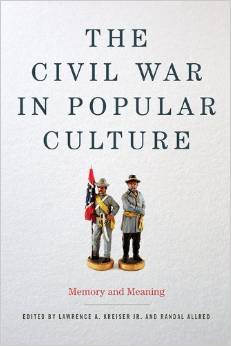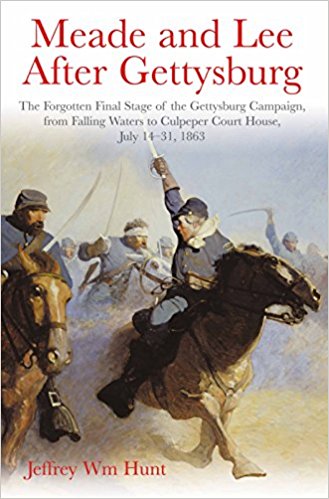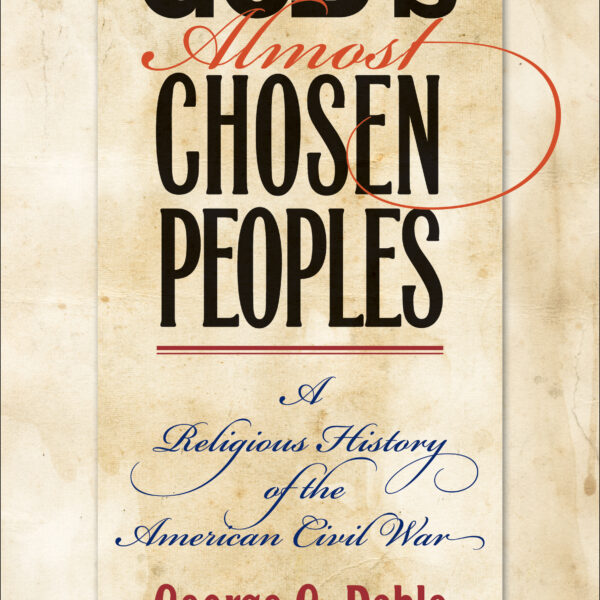The process of Reconstruction after the Civil War is one of the most critical, yet ambiguous periods of US history. One of the key reasons why Reconstruction has remained so elusive rests in its conventional depiction as a “failure,” which has characterized scholarship since the Dunning School of the early twentieth century. Following the lead of W.E.B. Du Bois and other early critiques of this conservative approach, more recent scholars have tried to refashion the language of failure to capture the unrealized, yet ambitious promises of Reconstruction.
As Kidada E. Williams convincingly demonstrates, however, using failure as a measurement of Reconstruction eschews the degree to which white supremacists in the South intentionally worked to dismantle the freedoms that Black Americans fought for and achieved. In I Saw Death Coming, Williams provides an essential cross-section into how racist violence targeted the most fundamental cornerstone of postwar freedom: Black families. In the history that unfolds, Williams delivers an engaging narrative that reinterprets the experiences of survivors who confronted their attackers, fought for individual and communal security, and bravely offered their testimonies in the pursuit of justice.
Williams organizes I Saw Death Coming into eight thematic chapters based upon thirteen volumes of testimony produced from congressional hearing conducted by the Joint Select Committee to Inquire Into the Condition of Affairs in the Late Insurrectionary States in 1871 and 1872. Supported by additional records from the Freedmen’s Bureau and the Federal Writers’ Slave Narrative Project, the book charts threats to the livelihood of Black families and the actions of African Americans to preserve their freedom in the aftermath of the Civil War.
The narrative begins with how Black families defined their lives in freedom, as “Liberation meant the right to marry, have independent family homes, chart a family’s course, secure dignified work and reap the rewards of one’s labor, acquire land, open a business or work from home, accumulate wealth in property, and attend school” (3). Just as enslavers denied the natural rights of African Americans before the Civil War, white supremacists continued to attack the civil liberties of freedpeople throughout the postwar era. White Southerners organized into paramilitary groups (including the Ku Klux Klan) and executed night strikes, or “visits,” as survivors describe, with the intention to harm Black families physically and emotionally. Some of the book’s strongest contributions appear in the latter chapters, which analyze how Black survivors relied on networks of kin and community to reconstruct their lives following these attacks, as well as how survivors reported these “visits” and recounted their suffering and “the causes and consequences of strikes” to any official who would listen (241). By sharing this information to investigators and lawmakers, survivors conveyed to listeners that these assaults were both a calculated attack on their freedom and Reconstruction writ large.
Williams utilizes the methods of oral history in her approach towards survivor testimonies and is mindful of the trauma captured in their words. Using survivors’ own retelling of their experiences, Williams writes that she privileges “victims authority over their own stories and did not presume to know more about their values and experiences than they did” (xxii). In so doing, I Saw Death Coming is as much a scholarly contribution to Reconstruction scholarship as it is a deeply personal documentary history of the Crosby family, the Lyon Family, the Tutson family, the Fullerlove family, and so many others. The sum of these accounts illuminates a profound portrait of Black life in the post-emancipation era.
By viewing Reconstruction from a familial perspective, Williams justly minimized discussion of federal or state actors, the Congressional investigations, and other Reconstruction-related actors or events. To be sure, there is sufficient historical signposting throughout the book, such as General William T. Sherman’s Special Field Orders, No. 15 (1865), the 1866 Civil Rights Act, the Reconstruction Amendments, and the Enforcement Acts (1870-1871). However, one wishes that the author more fully addressed how the scope and content of survivor testimonies directly transforms the reader’s understanding of the systems, frameworks, and conceptualization of Reconstruction as process fraught with organized violence. Despite this minor critique, Williams’ book is an insightful contribution to the growing body of Reconstruction scholarship that seeks to challenge archaic and lost-cause affirming notions about the era’s origins, objectives, and legacies.
I Saw Death Coming has been much anticipated since Williams’ first groundbreaking book, They Left Great Marks on Me (2012), and it is a powerful reflection of her commitment to uncovering how post-emancipation violence transformed one’s identity, livelihood, and sense of belonging. Their survivance, rather than their suffering, is at the centerpiece of Reconstruction. In writing that is both thought-provoking and accessible, I Saw Death Coming is a welcome reinterpretation of Reconstruction that deftly illustrates how the essence of freedom was grounded in true and fictive kinship. Using stories gleaned from the historical record that are hauntingly raw and evermore relevant to today, I Saw Death Coming is a necessity to anyone who wishes to understand the violent legacies of Reconstruction.
Jennifer Andrella is the Andrew W. Mellon Postdoctoral Fellow in Digital Humanities at Knox College. Her forthcoming book manuscript examines the national scale of Reconstruction through territorial expansion in the West.





